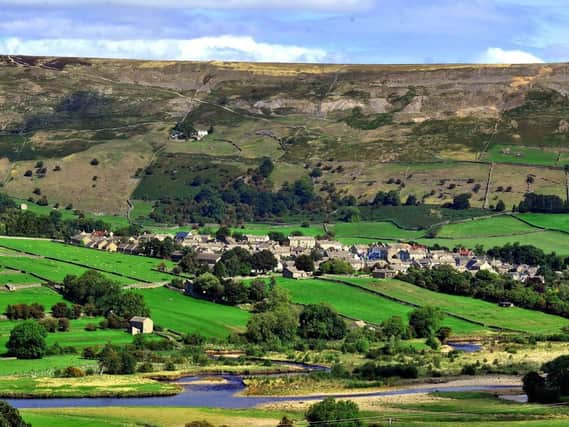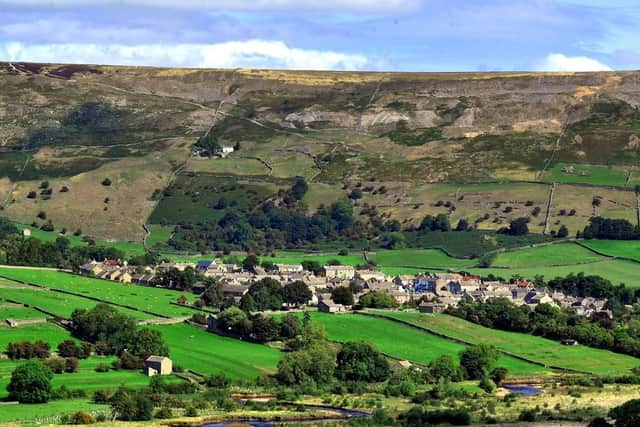Failed second homes tax hike proposal in Yorkshire Dales left national park boss with 'scars'
This article contains affiliate links. We may earn a small commission on items purchased through this article, but that does not affect our editorial judgement.


Early last year, the authority warned that action was needed to limit the number of under-occupied properties in the park and a conversation with government was proposed to look at the possible options for tax rises.
Nearly a quarter of homes in the national park - some 3,500 properties - are under-occupied and the numbers of holiday lets and second homes are rising.
Advertisement
Hide AdAdvertisement
Hide AdBut the tax rise plan proved contentious and was fiercely opposed publicly by a group of second home owners. Such was the backlash that when Richmondshire District Council rejected the proposal, the initiative was dropped.


Mr Butterworth, chief executive of the Yorkshire Dales National Park Authority, is still frustrated by the outcome, saying that 75 per cent of Dales residents who responded to a recent survey said they thought that under occupied properties are a problem and need to be tackled.
“The disappointment from my own personal point of view is as a community in the Dales, and as a society in the country, we have accepted that those dominant market forces that are shaping demographics shouldn’t be tackled in any serious way. The illustration of that was the decision 12 months ago to not try to tackle the second homes issue which is a fundamental aspect,” the national park boss said.
“At the time, our chairman Carl Lis, said if this generation fails to take this opportunity to address this now, we will have failed and we will be handing it on to the ones that follow us. That problem isn’t going to go away and I just find that personally disappointing.”
Advertisement
Hide AdAdvertisement
Hide AdNational park authorities are obliged to conserve and enhance their area’s natural beauty, wildlife and cultural heritage, while promoting opportunities for understanding and enjoying its special qualities, but they are also tasked with seeking to foster the economic and social well-being of local communities.
Mr Butterworth previously said that avoiding the big issues facing the park would be an abdication of responsibility.
“I want us to try to assist the next generation in sorting out some of these problems. If we can’t we should have the courage to get out of the way.”